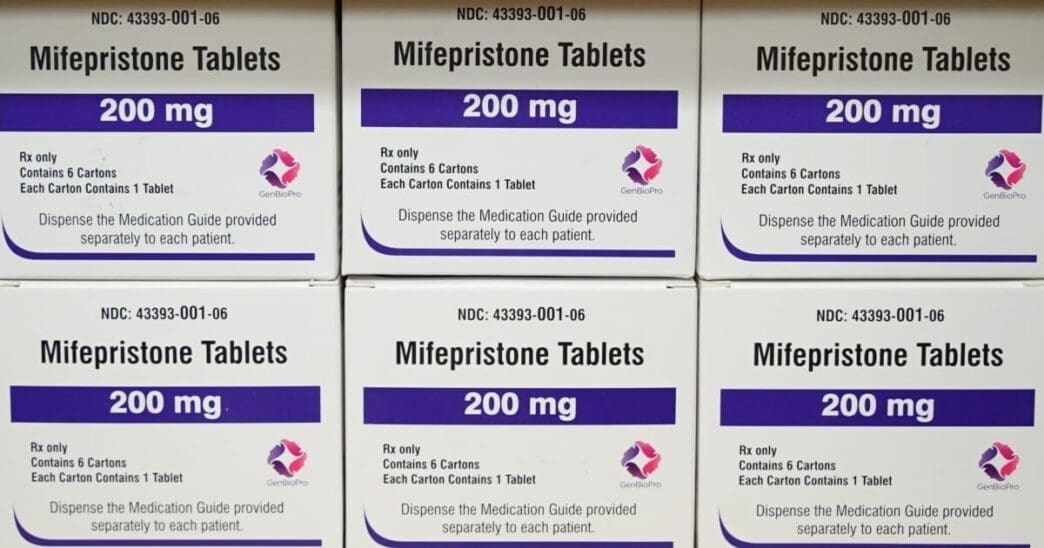Opponents of abortion are increasingly turning their attention to restricting access to abortion pills through legal and legislative actions. These pills have become the most common method for ending a pregnancy in the country. This shift in strategy comes amidst new legal challenges and responses from abortion rights advocates.
This month, the Texas attorney general’s office filed a lawsuit against a New York doctor, alleging a violation of Texas law by prescribing abortion pills to a patient in the state via telemedicine. This lawsuit marks the first of its kind and presents a potential test for New York’s law designed to protect healthcare providers who prescribe such medication to patients in states where abortion is banned.
Abortion rights supporters express concern that the administration of President-elect Donald Trump might impose further restrictions on access to these pills. Since the U.S. Supreme Court overturned Roe v. Wade in 2022, the use of medication for abortion has become notably more common. By the time of the ruling, over half of all abortions were conducted using drugs like mifepristone and misoprostol, which differ from emergency contraceptives such as Plan B.
Data from the Guttmacher Institute illustrates that nearly two-thirds of abortions were medication-based by the previous year. This growth has been facilitated largely through the use of telehealth services, enabling prescriptions to be sent by mail. A survey for the Society of Family Planning found that telehealth prescriptions accounted for about ten percent of abortions in the first half of 2024. The adoption of protective laws in some Democratic-controlled states has further supported this increase.
Professor Ushma Upadhyay from the University of California San Francisco highlights the significant impact of telehealth for abortion, describing it as a major success. However, the legal complexities continue to evolve. Texas Attorney General Ken Paxton’s recent lawsuit against Dr. Maggie Carpenter from New York exemplifies these developments. Paxton accused Carpenter of sending abortion pills to a woman in Texas, a state with stringent abortion restrictions.
As states like Louisiana reclassify drugs such as mifepristone and misoprostol as controlled substances, additional hurdles are emerging. While legally allowed, medical personnel in Louisiana face more steps to access them. This has raised concerns about potential delays in cases requiring emergency use, such as postpartum hemorrhaging.
In response to these challenges, Tennessee lawmakers have proposed a $5 million civil liability for those who distribute or facilitate access to abortion pills despite state laws. Meanwhile, Missouri is considering criminalizing the delivery of such medications intended for abortion. These measures illustrate a growing trend of state-level actions aimed at restricting access.
The federal landscape is also under scrutiny. Abortion rights advocates have cautioned about the potential enforcement of an 1873 law prohibiting the mailing of abortion-related medications. While President Joe Biden’s administration has not pursued this, the option remains. The FDA too could revisit its approval regulations, which could significantly impact accessibility.
Despite these threats, efforts to limit access to abortion pills face substantial legal pushback. The U.S. Supreme Court recently ruled against a coalition of anti-abortion physicians attempting to challenge federal approvals for mifepristone, underscoring the ongoing legal tug-of-war.
The focus on restricting access to abortion pills marks a new chapter in the ongoing debate over reproductive rights in the United States. While legal challenges mount, the demand for these medications continues to grow. As both sides prepare for further legal battles, the landscape of abortion rights remains in flux, underscoring the complex interplay between state and federal jurisdictions.
Source: Abcactionnews







